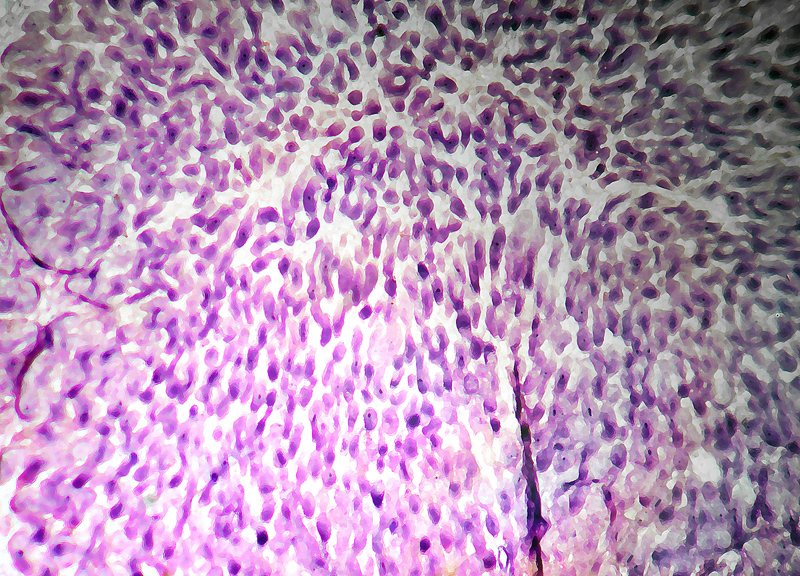
WEDNESDAY, Jan. 20 (HealthDay News) — A new class of compounds is able to inhibit replication of the hepatitis C virus (HCV) in laboratory tests, say U.S. scientists.
If they prove effective in humans, these compounds may offer an important new treatment option for patients infected with HCV, according to the Stanford University School of Medicine researchers. Current treatments for hepatitis C are only partially effective and often toxic.
HCV “infects over 150 million people worldwide, many of whom don’t even know they have it. Chronic hepatitis C infection is the No. 1 cause of liver cancer and liver transplantation in the United States,” study senior author Dr. Jeffrey Glenn, associate professor of gastroenterology and hepatology and director of Stanford’s Center for Hepatitis and Liver Tissue Engineering, said in a news release.
The new class of compounds disrupts HCV’s replication cycle by interfering with a process that doesn’t ordinarily occur in uninfected cells. This means that HCV replication can be stopped with little or no toxicity to human cells.
The study was published online Jan. 20 in the journal Science Translational Medicine.
It could take a year to 18 months of preclinical and animal testing before these new compounds can be tested in human clinical trials, Glenn said.
He and his colleagues have equity in a privately held company to which Stanford has licensed intellectual property relevant to the new compounds.
More information
The American Academy of Family Physicians has more about hepatitis C.

